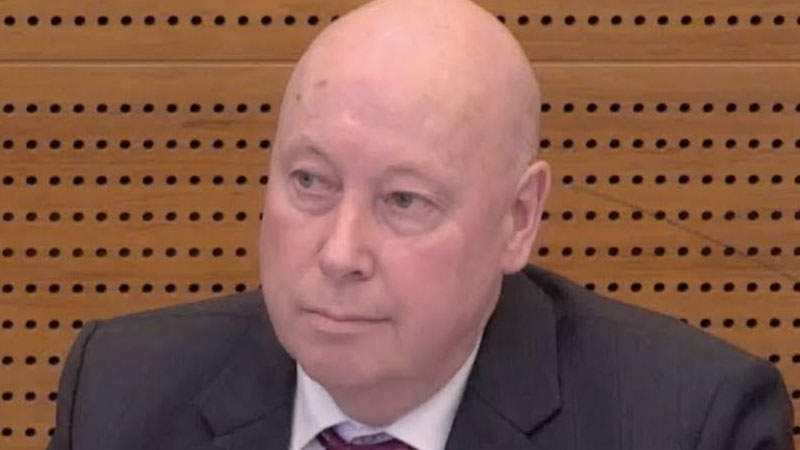FASEA downplays adviser exodus as graduate enrolments surge
The head of FASEA has sought to downplay fears that the advice sector will shrink to a fraction of its size once the authority’s standards framework is fully implemented, saying that hundreds of graduates are expected to enter the industry in the next few years.
In a recent webinar for the FPA’s Virtual Congress, FASEA chief executive Stephen Glenfield said while the full impact of the standards framework remained to be seen, the authority was pleased with the interest shown in a graduate career in financial advice so far.
“What we’re seeing is there are quite a number of people doing FASEA-approved degrees that aren’t existing advisers, the numbers are up over 900 and that’s the first year of [the standards] being in play,” Mr Glenfield said.
“You’d expect over time that if there’s demand for new advisers that that career pathway will grow — part of it is an awareness thing, recognising advice as a profession going forward so you can do a degree, join a profession and have a career path.”
The comments follow recent data referred to by MLC Life Insurance that just 12 new advisers joined the industry in the first quarter of 2020, with 38 new entrants joining in 2019.
Mr Glenfield added that around 10,000 existing advisers were also currently studying approved courses, which demonstrated “green shoots” in the sector’s transition to a profession.
“There are green shoots, but it is early days on what is a transition to a profession that requires you to have a bachelor or higher degree.”
Mr Glenfield said FASEA did not have a “magic number” in mind in terms of how many advisers it hoped would remain in the industry once the standards were fully implemented, given the structural transformation that was taking place at the same time.
“The reduction you are seeing in adviser numbers, it’s driven by any number of factors, one of which is regulation,” he said.
“If you think about restructuring across major banks, there’s been an enormous shift in the adviser market which has led to a large number of people leaving the market because the jobs aren’t there.
“The key to the future is there needs to be demand for advice, which ultimately has an impact on bringing new entrants into the field.”








